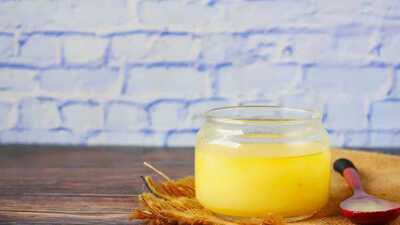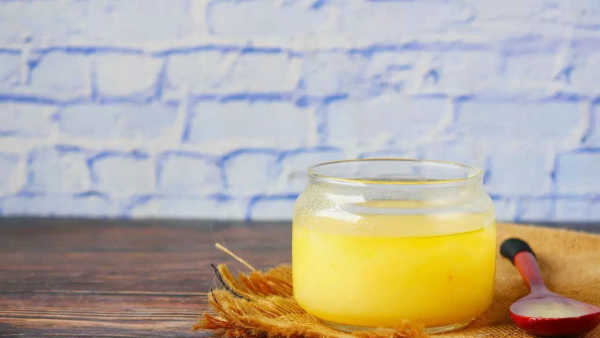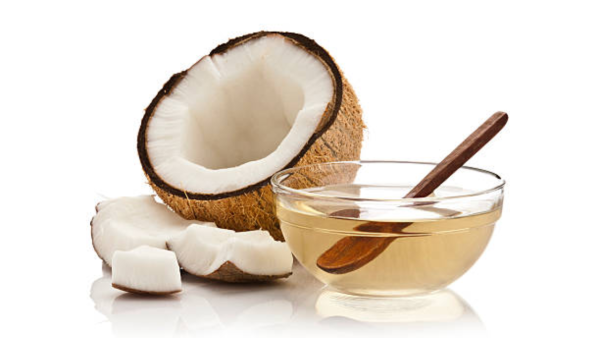
Indian cuisine is loved for its delightful taste, enticing flavours and textures, which is achieved by cooking the delicacies with a rich base of spices, herbs and oils. Interestingly, Indian food gets a rich flavour and taste depending on the cooking oil, which adds on to the taste and texture, Traditionally, ghee and mustard oil were extensively used in cooking indian delicacies, but you will be amazed to know that there are several healthy cooking oils that have been backed by science and studies as they are loaded with nutrients that are great for health and well being.
Why is choosing the right cooking oil important?
Choosing the right cooking oil for Indian-style cooking is important as it directly impacts your health. Indian style cooking involves high-heat cooking methods, the use of right oil should have a high smoke point to prevent the release of harmful compounds, a balanced fatty acid profile to support heart health, and ideally, antioxidants to reduce inflammation. Using unhealthy or overheated oils can contribute to chronic issues like heart disease, high cholesterol, and oxidative stress, making oil selection a key part of a healthy diet. Here are some healthy oil options for Indian cooking.
Mustard Oil
Mustard oil has been traditionally used across Eastern and Northern India and is now recognized for its heart-healthy properties. A study published in the American Journal of Clinical Nutrition found that mustard oil, rich in monounsaturated and polyunsaturated fatty acids, may reduce the risk of coronary heart disease. Its natural presence of allyl isothiocyanate gives it antibacterial and anti-inflammatory benefits. The oil's high smoke point (~250°C) also makes it suitable for frying and sautéing in Indian cooking.

Ghee
Once misunderstood due to its saturated fat content, ghee is now regaining scientific favor. Rich in butyric acid, ghee supports digestion and gut health. It also contains antioxidants like vitamin A and E. According to the nutritional review by Shankar P, Ahuja S. "Ghee and heart health: myth or fact?" Nutrition Reviews, 2012 it was mentioned that traditional fats like ghee, when consumed in moderation, are not linked to heart disease and may even support metabolic health.
Virgin Coconut Oil
Coconut oil, especially the virgin cold-pressed variety, contains medium-chain triglycerides (MCTs) like lauric acid, which exhibit antimicrobial properties. A 2016 study in the Journal of Nutrition and Metabolism highlighted its potential role in increasing HDL (good cholesterol) and supporting metabolic function. This makes it a great oil for Indian curries, especially in southern cuisine. As per the study by Cardoso DA, Moreira AS, et al. "Effects of coconut oil on human health." J Nutr Metab. 2016.

Groundnut (Peanut) Oil
Groundnut oil contains about 50% monounsaturated fats, which are known to improve heart health. It also has a decent amount of vitamin E, a natural antioxidant. A study in Lipids in Health and Disease found that diets using peanut oil helped reduce LDL cholesterol levels while preserving HDL cholesterol. Its high smoke point (~225°C) and neutral flavor make it suitable for deep frying, a common method in Indian cuisine.
Rice Bran Oil
Rice bran oil is extracted from the outer layer of rice and is rich in gamma-oryzanol, a plant sterol that can reduce LDL cholesterol and increase HDL. A 2016 clinical trial published in Journal of Clinical Biochemistry and Nutrition found that rice bran oil supplementation significantly reduced cholesterol in mildly hypercholesterolemic subjects. With a high smoke point (~254°C) and light flavor, it's ideal for stir-frying, tadkas, and even baking.
How to check purity of cooking oils at home
The easiest way to check the purity of cooking oils at home, there are some simple tests that can help detect adulteration. For instance, the easiest way to check the purity of mustard seeds, then add in a few drops of nitric acid and shake, if it turns reddish-brown, it may contain argemone oil. In fact, to check purity of coconut oil, refrigerate a small sample; add pure coconut oil solidifies uniformly, while adulterated versions may separate. When these simple oils are added to mineral oils, and mixed with equal parts alcohol and shaked, if there’s cloudiness on the surface, then it indicates impurity.
-
Shah Rukh Khan was not on the poster of his own film, can you guess the movie by looking its iconic poster ?

-
Big relief to this Tata Group company, out of investigation of…, says ‘no systems or users were…’

-
Air India flight from Hyderabad to Mumbai cancelled due to technical snag

-
Normal life hit in two Manipur districts as tribal body calls shutdown

-
AP govt to deliver ration to senior citizens, differently-abled
